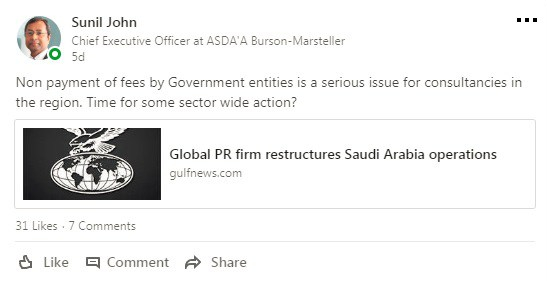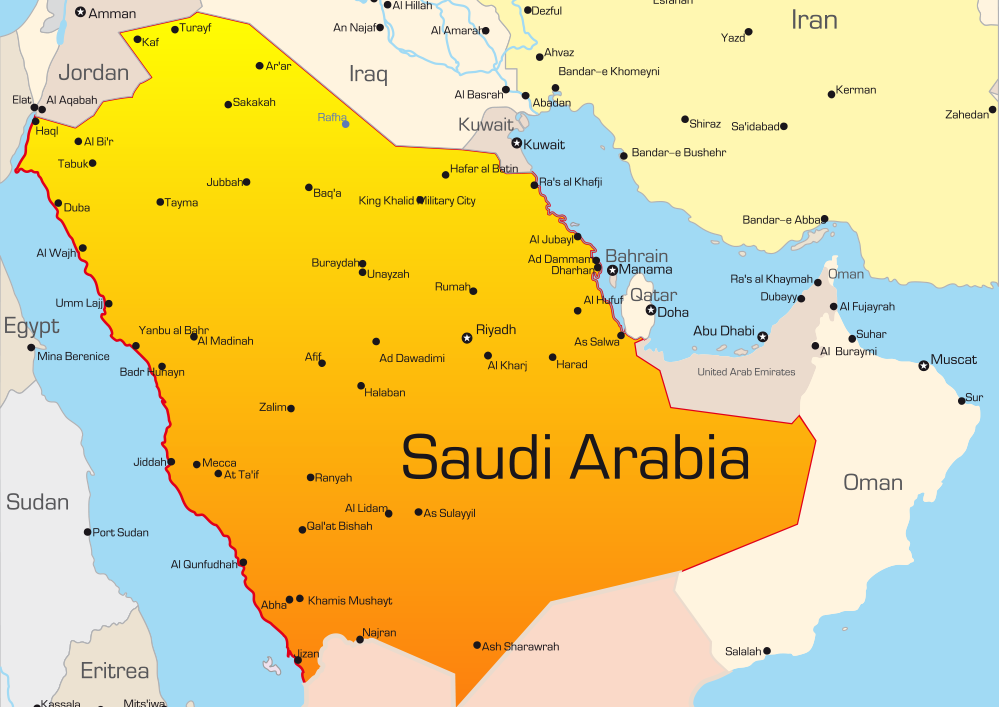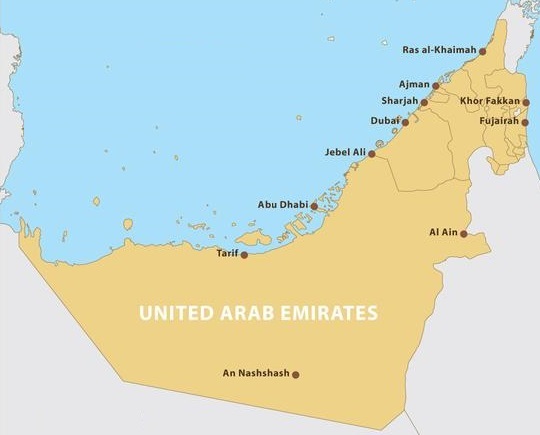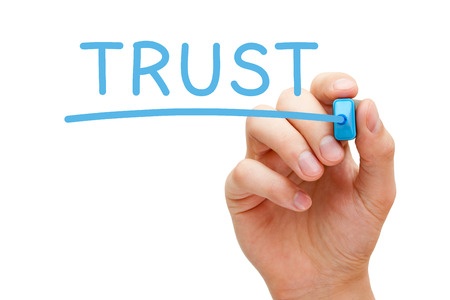
This is the third and final post on the research by YouGov, which was commissioned by the Middle East Public Relations Association and looks into consumer trust, both online and offline, when it comes to advertising and media recommendations in goods and services.
This post covers Egypt, Jordan and Lebanon.
Egypt

1004 people were surveyed in Egypt, 97% of whom were Egyptian and 3% were expat. When it comes to gender, 51% were male, and 49% were female. Just over 40% were aged between 18 and 29, 21% were between the ages 30 and 39, and 39% were aged over 40.
In terms of geography, it’s no surprise that over a third were Cairo-based, with 36% living in the capital. Of the remainder, 24% live in the Delta, 17% in Alexandria, 16% in Upper Egypt, and the remainder in the Canal Zone/outside of these areas.
In terms of salaries, 30% earn less than US$266 per month, 24% earn between US$266 and US$532, 17% earn between US$533 and US$1,065, 8% earn between US$1,066 and US$2,665, and 3% earn more than US$2,666. Approximately 18% of people refused to disclose their earnings.
Finally, 41% described themselves as single, 47% as married with children, and 6% were married but had no children. The remaining 6% were classed either as other or did not respond.
Family, Friends and Third Parties
When it comes to those closest to them, Egyptian respondents said they have an 85% level of trust in face-to-face conversations with friends and family about products and services. Only 3% of respondents said that they would not trust a face-to-face discussion. Those who displayed the highest levels of trust include respondents earning between US$533 and US$1,065 (90%), those living in the Canal Zone (96%), and those who are married with children (88%).
Trust in social media posts by friends and family about products and services averages at 51%; mistrust comes in at 14%. Trust is most pronounced in those earning above US$2,666 (62%). Those who are between 18 and 24 are least likely to trust such posts (20%), as are those living in Alexandria (22%).
Egyptian respondents have a higher trust in third-party endorsements of products and services than most other countries in the region; 62% agreed that they trust third-party endorsements more than what a brand says about its own products and services, compared to 6% who don’t. The highest trust is among those who are earning less than 500 Egyptian Pounds and those who are earning over 10,0001 Egyptian Pounds (both 70%), as well as expats (76%).
Trust in Social Media
Egypt’s respondents were torn over social media posts by influencers and people with lots of followers on products and services; 32% said they found such posts trustworthy, and 31% said they found them untrustworthy. Men were much more likely to be trustworthy (37%) than women (27%). Those who are earning between US$1,600 and US$2,665 also had the most trust (51%) in such posts. The least trusting were expats (23% for, 43% against).
Unsurprisingly, social media has become a vital source of information for Egyptian respondents; 57% of respondents agreed that it has become more important to them as an information source today than five years back (12% disagreed). This is especially true of younger respondents between 18-24 (63%). However, almost half (45%) have low trust in what they see online.
When it comes to the most popular social media channels for information on goods and services, it may be no surprise that Facebook is the most popular by far (71%), followed by WhatsApp (8%). In third with 8% was the choice of none. It seems that if you want to do social media in Egypt, you have to be on Facebook.
Trust in Media & Advertising
Only two media channels scored higher for being trustworthy than untrustworthy among those polled – they were brand websites (46% versus 18%), and website articles (35% to 24%). All other media scored higher for not being trustworthy, with television and blogs both at 27% (their untrustworthy scores were 41% and 35% respectively), and radio at 30% positive, compared to 35% negative. Respondents weren’t asked why, but it’s probably fair to say that Egyptians have a healthy skepticism of official media, given the events of the past seven years.
Levels of trust in advertising are approximately the same as the media, with billboards being the most trusted (34%), followed by television and radio (both 30%), and finally online at 28%. For online, radio, and television, they’re not trusted more than they are trusted, with negative scores of 32%, 31%, and 33% respectively.
When asked if they trust advertising less today than they did five years ago, 62% agreed and 8% disagreed. Those earning the least (500 Egyptian pounds) trust advertising the least, with a 70% rating. Over two-thirds of respondents (69%), agreed with the statement that so-called ‘fake news’ has lowered their trust in mainstream news media. Only 8% disagreed.
Jordan

503 people were surveyed in Jordan, 89% of whom were Jordanian and 11% were expat. There was a slight preference for males (52%), as opposed to females (48%). Age-wise, the largest group were between 18 and 29 (43%), 25% were between the ages 30 and 39, and 32% were aged over 40.
In terms of geography, the majority were based in Amman (59%), with the second and third largest geographies being Irbid (16%) and Zarqa (12%) respectively.
In terms of salaries, 9% earn less than US$266 per month, 24% earn between US$266 and US$532, 32% earn between US$533 and US$1,065, 17% earn between US$1,066 and US$2,665, and 5% earn more than US$2,666. Approximately 13% of people refused to disclose their earnings.
Finally, 47% described themselves as single, 42% as married with children, and 7% were married but had no children. The remaining 4% were classed either as other or did not respond.
Family, Friends and Third Parties
Jordan’s respondents are very trusting of their family and friends recommendations about services and products when they’re given face-to-face; 89% responded that they trust such interactions. In contrast, only 2% were distrustful. Those over 40 (93%), who earned between US$1,600 and US$2,665 (94%), and who are married with children (92%) are the most trusting.
When it comes to online product and service recommendations from family and friends, the trust percentage drops to 50%, while mistrust rises to 15%. Trust is highest among those who earn less than US$266 (58%), and those who are married but who have no children (64%).
When it comes to third party endorsements, Jordanian respondents score higher than any other country in the region bar one (hint, it’s below); 74% agreed that they trust third-party endorsements more than what a brand says about its own products and services, compared to 6% who don’t. The highest trust is among consumers who are above 30 (80%) and earners over US$2,666 (92%).
Trust in Social Media
Jordan’s respondents were even more split than Egypt’s; 32% said they found social media posts by influencers and people with lots of followers on products and services trustworthy, and 32% said they found such posts untrustworthy. Those who were most trusting were those over 40 (40%), and those earning between US$2,666 and US$5,332 (38%). Men were much more likely to be trustworthy (37%) than women (27%). Those who are earning between US$1,600 and US$2,665 also had the most trust (51%) in such posts. The least trusting were women (37%), and those aged between 25 and 29 (40%).
Just under two-thirds of respondents said that social media has become a vital source of information for them (63%); this is especially true for 18-24 year-old respondents (69%). This is especially true of younger respondents between 18-24 (63%). Trust in online content is an issue, with 54% having low trust in what they see online (this rises to 65% for those aged between 30-34).
When it comes to the most popular social media channels for information on goods and services, Facebook tops the list with 63% of respondents saying it’s the most useful channel for information about products and services. Second choice was none (10%), followed by LinkedIn in third place with 7%. WhatsApp was fourth (6%), followed by Instagram (5%).
Trust in Media & Advertising
When it comes to trust in the media, Jordanians don’t seem to prefer any particular medium. Radios, website articles and blogs scored a 33% trust rating when it comes to being a source of information about products and services. Television and newspapers scored 32% and 30% respectively. Brand websites scored the best, at 40%.
Levels of trust in advertising as a source of information are slightly lower; billboards were at 32%, TV advertising scored 30%, radio ads 25% and online advertising 21%. The only ad medium which scored higher positively than negatively was billboards (27%). For online advertising, the percentage for those who distrust the medium was 43%, over twice the number who said they did trust online ads as a source of information about products and services.
When asked if they trust advertising less today than they did five years ago, 68% agreed and 10% disagreed. Those who were above 40, earning a high salary and married with children were most likely to trust advertising less today than they did five years ago. Almost three-quarters of respondents (73%), agreed with the statement that so-called ‘fake news’ has lowered their trust in mainstream news media. Only 9% disagreed.
Lebanon

Last, but by no means least, Lebanon is the final country in this survey. 251 people were surveyed in the country, of which 48% were male and 52% female. In terms of age, 34% were aged between 18 and 29, 21% between 30 and 39, and 45% were over 40.
Income-wise, 63% earn less than US$1,600, 11% earn between US$1,600 and US$2,665, 8% earn between US$2,666 and US$5,332, and 6% earn over US$5,333. 12% didn’t disclose their salary.
Approximately 71% are Lebanese nationals, with 29% being expats. In term of geography, the largest number of people live in Beirut (43%), followed by non-named locations (37%) Tripoli (14%), and Jounieh (4%). Regarding the marital status, 38% were single, 51% were married with kids, and 7% were married with no children.
Due to the small survey size, I won’t be drilling down further by group.
Family, Friends and Third Parties
Lebanon’s respondents are highly trusting of their family and friends recommendations about services and products when they’re given face-to-face; 87% responded that they trust such interactions. In contrast, 3% were distrustful.
When it comes to online product and service recommendations from family and friends, the trust percentage drops to 46%; mistrust rises to 20%.
When it comes to third party endorsements, the Lebanese respondents scored the highest of any country in the region; 75% agreed that they trust third-party endorsements more than what a brand says about its own products and services, compared to 6% who don’t.
Trust in Social Media
When it comes to sourcing information on products and services from online influencers and those with large followings, the Lebanese are the least trusting and most distrusting. Only 26% said they found social media posts by influencers and people with lots of followers on products and services trustworthy, and 39% said they found such posts untrustworthy. Lebanese respondents do however mostly agree that social media has become a vital source of information for them (63%).
When it comes to the most popular social media channels for information on goods and services, Facebook again comes out tops with 60% of respondents saying it’s the most useful channel for information about products and services. Second choice was none (12%), followed by LinkedIn in third place with 7%. WhatsApp and Instagram were joint fourth (5%).
Trust in Media & Advertising
Lebanon has always been a bastion for the region’s media sector, so I was keen to look at the levels of trust in the press. Unfortunately, there’s no anomalies here. The Lebanese don’t trust (or distrust) media more than anyone else.
No one source is preferred over another when it comes to product and service information. Brand websites are newspapers are the most trusted (both 34%), followed by radio, television, and website articles (all of which score 33%. Blogs are the least trusted, at 28%.
Advertising fared worse than the media; billboards were the most trusted medium (28%), followed by TV advertising (27%), radio (24%), and online in fourth place (21%). When asked if they trust advertising less today than they did five years ago, two-thirds agreed (67%) and 12% disagreed. In total, 73% agreed with the statement that so-called ‘fake news’ has lowered their trust in mainstream news media. Only 10% disagreed.
And that wraps up a brief overview of the research. If you’d like more details, please do let me know and I’ll share data with you.
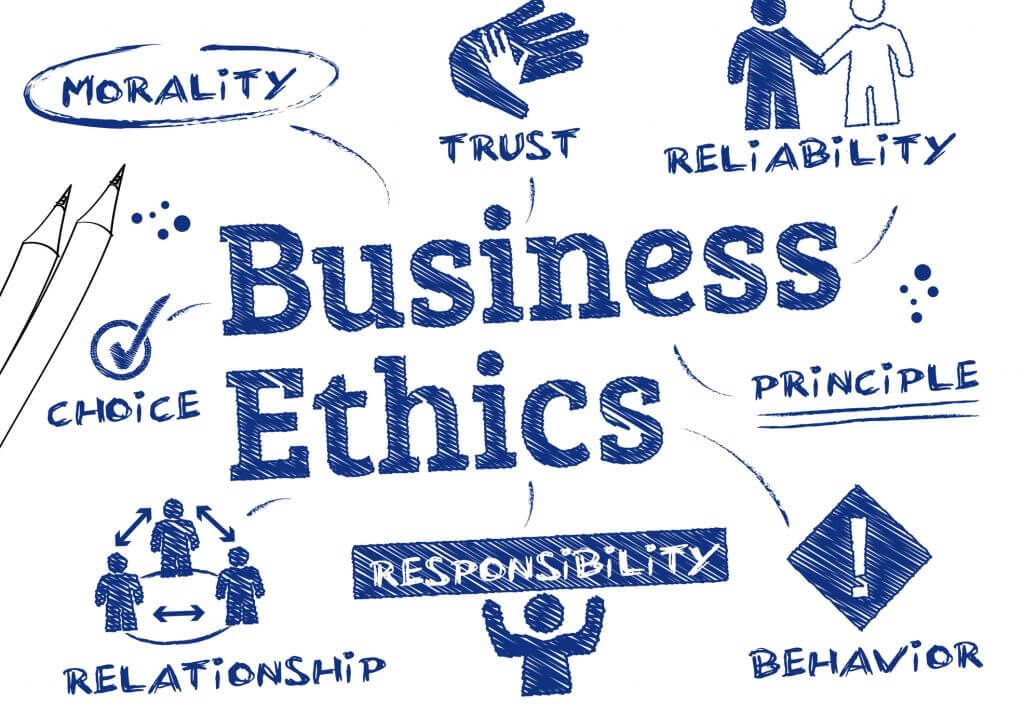







 I’m sharing this article,
I’m sharing this article, 